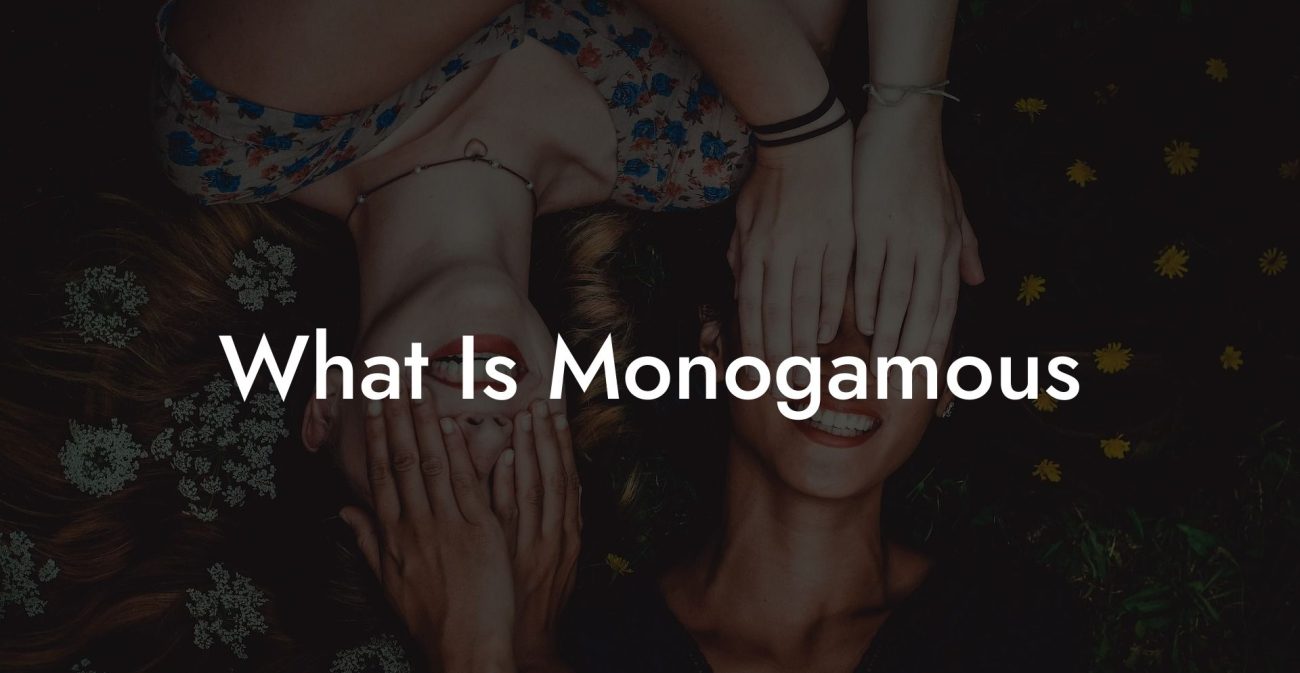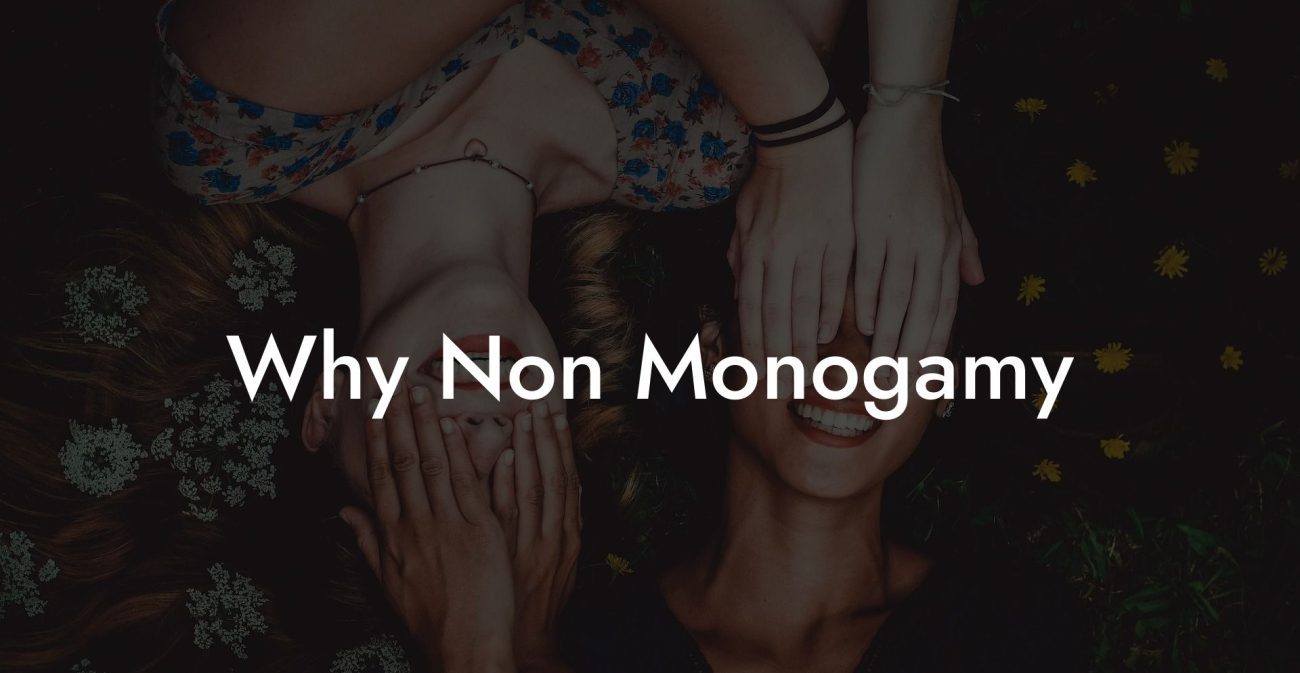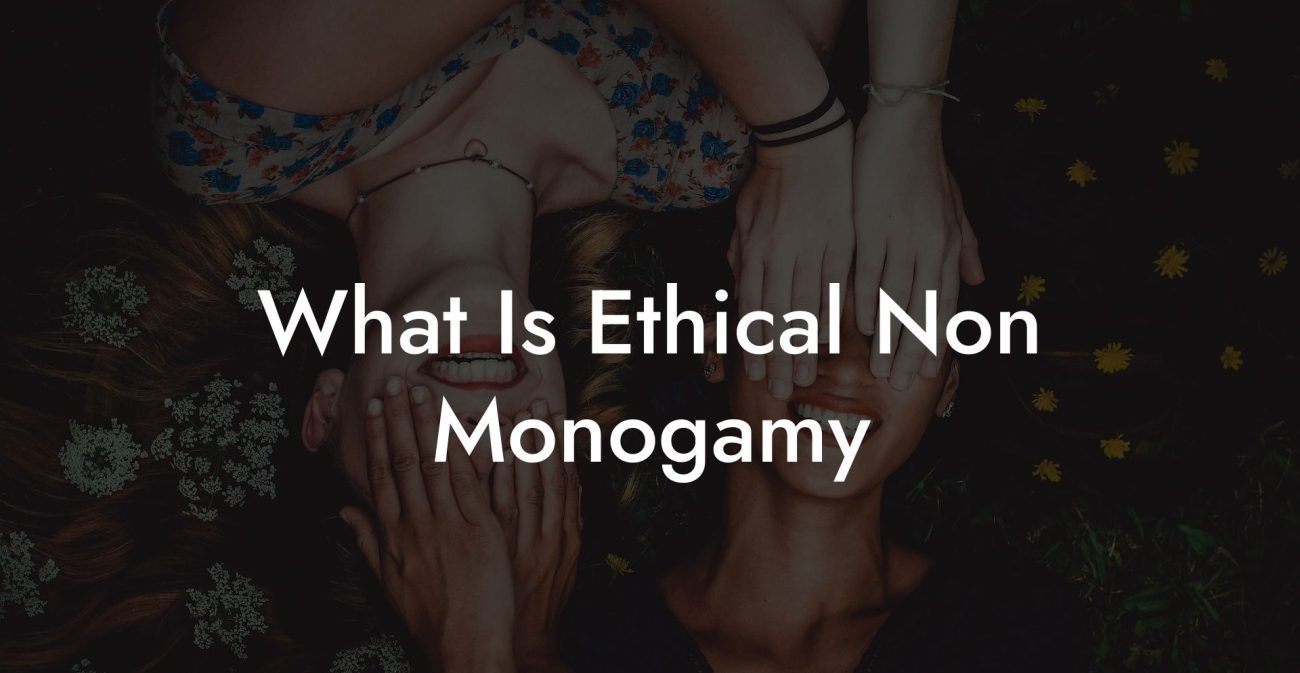In the diverse world of relationships, polygamy often appears as a subject that sparks curiosity and intrigue. In Hindi, the meaning of polygamy greatly differs from monogamy, the practice of having only a single partner. With this article, we will delve into the meaning of polygamy in Hindi and explore its various aspects, including the cultural understanding and the modern-day implications.
Polygamous Meaning In Hindi Table of Contents
Cultural Aspects of Polygamy in India
Legal Framework and Controversies Surrounding Polygamy in India
Polygamous Meaning in Hindi
In Hindi, polygamy is called "बहुविवाह" (Bahuvivah), which refers to the practice of having multiple spouses at the same time. This term is derived from two Sanskrit words – 'Bahu,' meaning many or much, and 'Vivah,' meaning marriage. This union is further divided into two types, depending on the gender:
1. Polygyny (बहुस्त्रीवाद - Bahustreevad):
In polygyny, a man is allowed to have more than one wife simultaneously. This type of marital practice is more common and widely recognized around the world.
2. Polyandry (बहुभर्तृवाद - Bahubhartreevad):
In polyandry, a woman has multiple husbands at once. This form of polygamy is relatively rare and less accepted globally.
Cultural Aspects of Polygamy in India
Polygamy was quite prevalent in ancient India, especially among the ruling class. Kings and emperors often practiced polygyny to secure alliances and strengthen their power. Moreover, this ritual was philosophically backed by the idea of ensuring the continuity of the male lineage. The ancient Indian epics, such as the Mahabharata and Ramayana, contain references to polygamous relationships.
However, the practice of polygamy has evolved significantly over the years. As Indian society became more complex, the rituals and traditions changed to adapt to new societal norms. With the emergence of various religions, polygamy within India became more region-specific and religion-specific.
Religious Perspective on Polygamy
Different religions within India have their own stance on the issue of polygamy:
- Hinduism: In traditional Hinduism, polygamy was permitted, particularly in exceptional circumstances such as the husband's infertility or failure to bear a male child. However, with the Hindu Marriage Act of 1955, polygamy among Hindus was legally prohibited.
- Islam: In Islam, polygyny is allowed under certain conditions. A Muslim man can have up to four wives, provided he treats them equally and is able to support them all. The Islamic law does not permit polyandry.
- Christianity: Christian doctrine forbids polygamy, emphasizing its stance on the importance of monogamous relationships.
- Sikhism: Sikh sacred texts and teachings advocate for monogamy as the ideal way of life.
Legal Framework and Controversies Surrounding Polygamy in India
Currently, the Indian legal framework only permits polygamy for Muslims under the Muslim Personal Law (Shariat) Application Act of 1937. Polygamy is illegal for all other religious communities, as mentioned earlier. However, despite the laws, there are instances where some individuals, particularly from rural areas, still practice polygamy. These cases often lead to controversies and legal disputes pertaining to marriage rights, property rights, and inheritance.
Polygamous Meaning In Hindi Example:
Consider the case of a young woman who marries a man with a family in a rural Indian village, not knowing he is already married. In such cases, the woman finds herself in a complicated situation where she might face societal pressure, issues of legality, and marital instability.
In conclusion, the polygamous meaning in Hindi highlights the broad range of relationship practices that exist within Indian society. The cultural, religious, and legal implications of polygamy make it a complex and fascinating aspect of Indian culture. As you explore the world of relationship dynamics, we invite you to share this post and check out our other guides on The Monogamy Experiment for even greater insights into the intricacies of human relationships.













